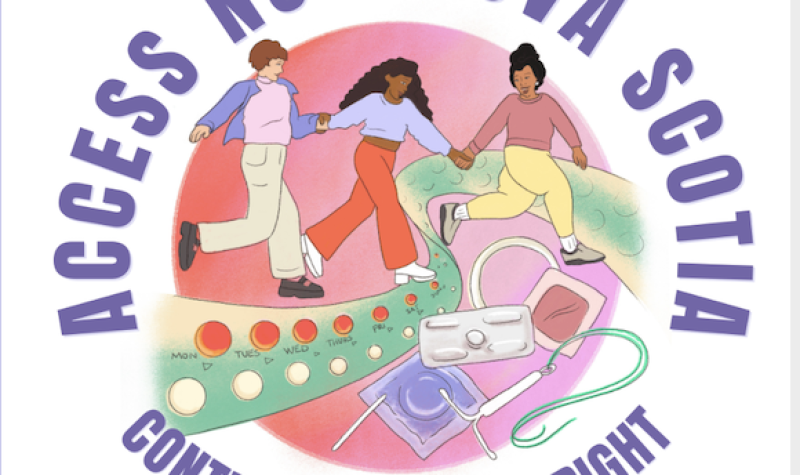In honour of World Contraception Day, Access Now Nova Scotia Coalition held a panel at Dalhousie University on Tuesday to discuss free contraception for all Nova Scotians.
Dr. Christine Saulnier from the Canadian Centre for Policy Alternatives Nova Scotia, Natasha Hines, a registered nurse and clinical director at Wellness Within and Tara Downey a social worker at the North End Community Health Centre spoke on the panel.
Recently, B.C. switched to providing free birth control, something that a 2010 B.C. based study- Options for Sexual Health estimates will save the province $95 million annually. Universal coverage of prescription contraceptives in B.C. began on April 1. The B.C. PharmaCare covers the full cost for over 60 commonly used birth-control methods such as hormonal pills, hormone injections and IUDs.
Access Now Nova Scotia Coalition held the discussion to provide education on how Nova Scotians can advocate for no cost prescription contraception.
“Outside of its primary use of preventing pregnancy, contraception can help users in other ways such as preventing menstruation prevention of menstruation is a form of gender affirming care, it reduces anemia associated with heavy periods and it can reduce pain caused by endometriosis,” Hines said.
Due to the rise in cost of living throughout the province, Nova Scotians are facing the challenge of cutting down on expenses.
“Looking at the impact of inflation and how the cost of living has raised drastically, individuals are having to choose between feeding their family, putting gas in the car, paying for daycare, and having to pay for a contraceptive shouldn't have to be a factor in someone's financial budget,” Downey said.
Dr. Saulnier says providing no cost prescription contraception for Nova Scotians would be the most cost effective solution for the government.
The panel explained that Canada currently spends $320 million on unplanned pregnancies and the costs associated with them.
“Those costs are around the cost of abortion, prenatal care delivery of unplanned pregnancies, cost of miscarriage and ectopic pregnancy. There are also the social costs associated with unintended births,” Dr. Saulnier says.
Many of those who are affected by this are low income or minimum wage income, Dr. Saulnier says. “The more part time, the more precarious, the lower paid you are, the less likely you are to have access to health benefits.”
The panel said writing to MLAs will help push this issue to the forefront.
“Petitions are debatable in the legislature,” Sue LeBlanc, the MLA for Dartmouth North and the health spokesperson for the NDP, says. “But really what needs to happen is people need to advocate with their own individual MLAs.”
Listen to the story below:


